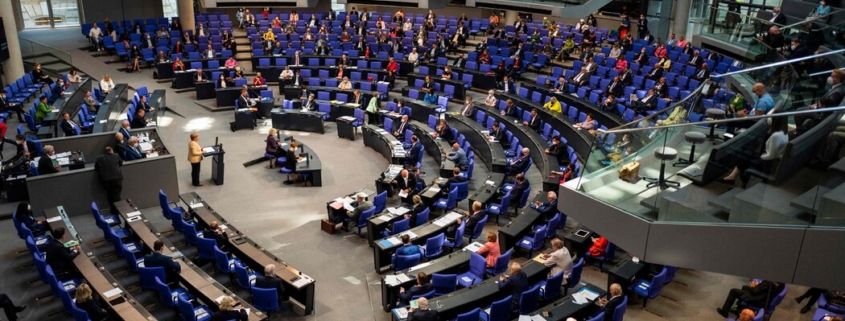Germany Investigates Russia Over Pre-Election Hacking
BERLIN — The federal prosecutor’s office in Germany said Friday it was investigating who was responsible for a spate of hacking attempts aimed at lawmakers, amid growing concerns that Russia is trying to disrupt the Sept. 26 vote for a new government.
The move by the prosecutor’s office comes after Germany’s Foreign Ministry said this week that it had protested to Russia, complaining that several state lawmakers and members of the federal Parliament had been targeted by phishing emails and other attempts to obtain passwords and other personal information.
Those accusations prompted the federal prosecutor to open a preliminary investigation against what was described as a “foreign power.” The prosecutors did not identify the country, but they did cite the Foreign Ministry statement, leaving little doubt that their efforts were concentrated on Russia.
In their statement, the prosecutors said they had opened an investigation “in connection with the so-called Ghostwriter campaign,” a reference to a hacking campaign that German intelligence says can be attributed to the Russian state and specifically to the Russian military intelligence service known as the G.R.U.
Russia was found to have hacked into the German Parliament’s computer systems in 2015 and three years later, it breached the German government’s main data network. Chancellor Angela Merkel protested over both attacks, but her government struggled to find an appropriate response, and the matter of Russian hacking is now especially sensitive, coming in the weeks before Germans go to the polls to select a successor after her nearly 16 years in power.
Moscow denied that it was involved in the hacking efforts.
“Despite our repeated appeals through diplomatic channels, our partners in Germany have not provided any evidence of Russia’s involvement in these attacks,” the Russian Foreign Ministry spokeswoman, Maria Zakharova, said at a briefing on Thursday.
She called the German allegations “an extraordinary P.R. story,” and said the suspicions appeared to be the work of “individual politicians” intent on showing they would “not allow gaps in trans-Atlantic solidarity,” in an apparent reference to…


